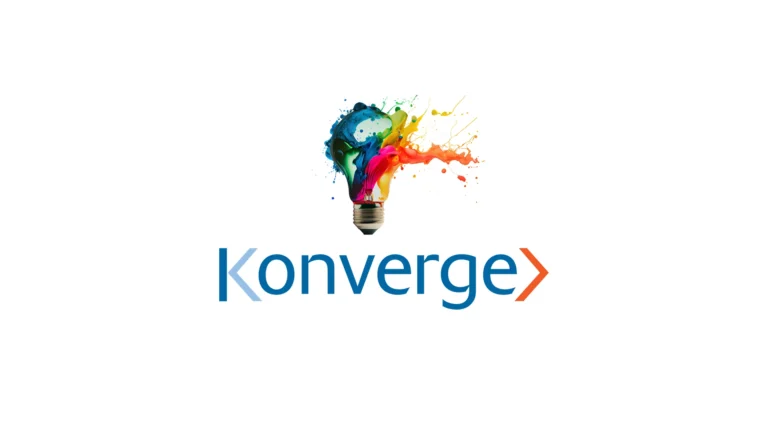Blog
Discover the transformative potential of custom software development, mobile app development, and our comprehensive product offerings for your business. Stay informed about the latest industry trends and updates by subscribing to our monthly newsletter, and join the community of businesses benefiting from Konverge’s innovative software solutions.
Get In Touch
Unlock the full potential of your business with our custom software development and API development services. Contact us today to discover how our expertise can revolutionize your operations.









